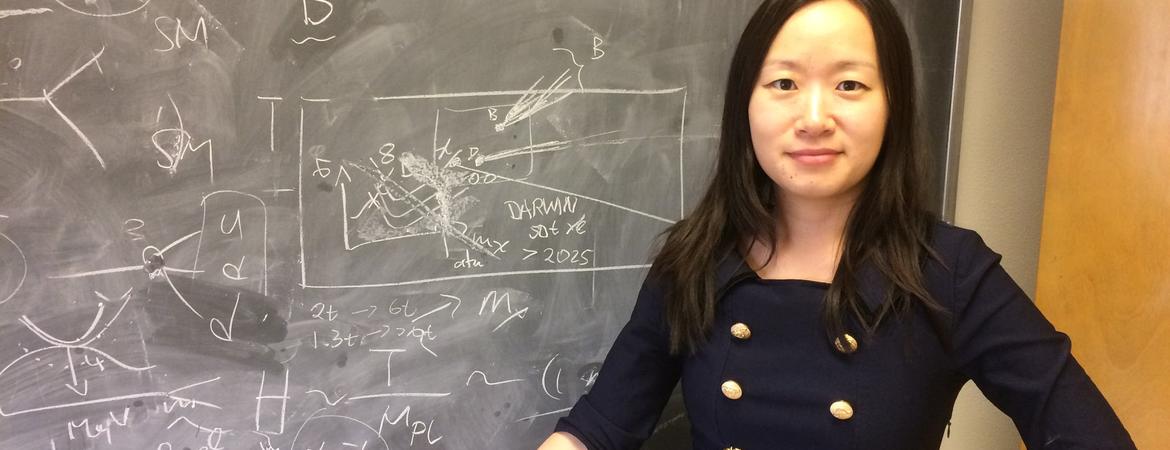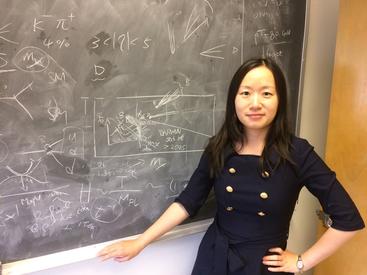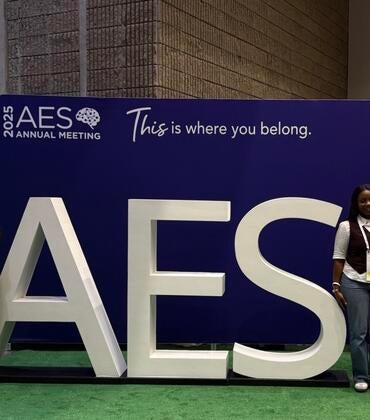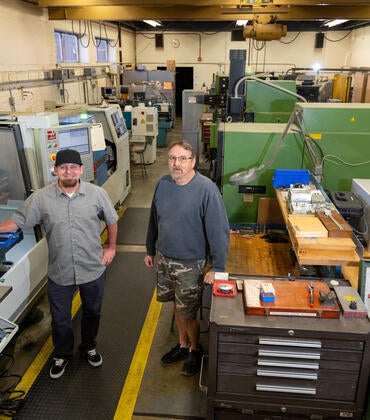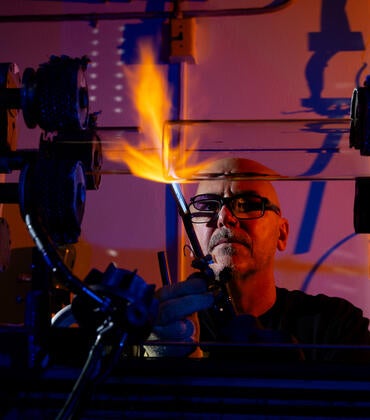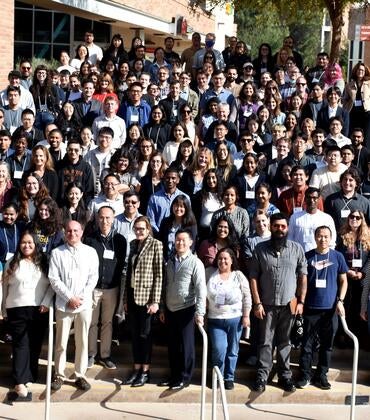Yanou Cui, an assistant professor of physics and astronomy, is a coauthor on two important research papers on boosted dark matter, a novel type of dark matter model.
A member of a flagship next-generation neutrino experiment named the Deep Underground Neutrino Experiment, or DUNE, Cui is an expert on the interface between particle physics and cosmology, including dark matter.
Dark matter is one of the most profound puzzles in fundamental physics and cosmology. Cui emphasized that the two papers facilitate the discovery of a well-motivated dark matter theory using DUNE.
“Our studies can inform this critical stage of designing DUNE, which is still under construction,” she said. “Our results described in the two papers can help the search for other new physics involving energetic dark matter dynamics in next-generation neutrino experiments.”
The first paper is a critical, community-serving document that includes many scientific targets for DUNE, Cui said. The second paper, which she wrote with a few DUNE collaborators, will be submitted to Physical Review Letters.
Both papers discuss boosted dark matter, or BDM, a class of dark matter candidates in which a small subcomponent is relativistic — or energetic — at the present time. This is in contrast to the standard lore that all dark matter today is non-relativistic or cold.
“In our work, we essentially lay down the foundation for BDM searches at DUNE,” said Cui, one of the scientists who first proposed the novel idea of BDM and the most senior theorist on the second paper. “A potential discovery channel is a dark matter-nucleus scattering channel. Dark matter can scatter off electrons, which is a much easier channel, and people have worked on it, but dark matter-nucleus is more challenging.”
Cui added that the research teams investigated BDM-nucleus scattering in detail by developing new dedicated event generation techniques.
“While this scattering can be the smoking-gun for dark matter discovery, it is a theoretical and experimental challenge,” she said. “In the papers, we demonstrate that the excellent event reconstruction capability of DUNE significantly broadens the ‘discovery reach’ for BDM — beyond what is possible with previous and current neutrino experiments.”
